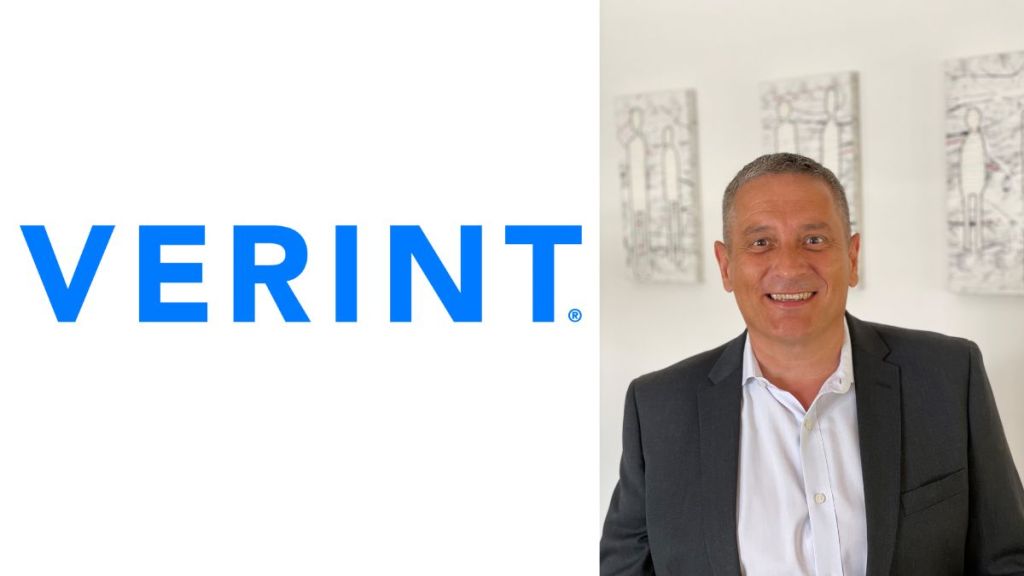Marketing is no longer just about selling a proposition to a customer, what follows after sales that is customer service too now an integral part of it. But then the question arises – who truly owns the customer? Ideally, everyone within an organisation should have a stake in customer ownership, Martyn Riddle, VP- Marketing, APAC and Japan, Verint told Brandwagon Online. However, the reality often manifests as fragmented silos, with the chief marketing officer (CMO) handling acquisition, the digital team managing website interactions, and the technical team overseeing technological changes. “These silos of people, processes, technology, and data can lead to challenges for consumers. Engaging with different channels may result in inconsistent experiences, often due to a lack of integration within the same organisation”, he added.
The company posted revenue worth an increase of 2.8% (GAAP) $905 million for the year ended January 31,2023 from $880 millon. The company gross profit rose 5.5% to $607 million (GAAP) in FYE23 from $575.9 million in FYE22. The company in its results, stated that it posted an 11% increase in recurring revenue to $686 million, and 40% growth SaaS revenue GAAP to $444 million. In its guidance, the company projects to reach revenue worth $935 million in FYE24. The company claims that India is its second largest revenue-generating region in APAC after Australia/New Zealand.
According to Verint’s latest Engagement Capacity Gap (ECG) study, 87% of Indian organisations are highly confident in their company’s ability to provide high-quality customer experiences during 2023 and 82% were highly effective at implementing or expanding their use of AI and automation for customer engagement during 2022. “CTOs and CMOs need to work in tandem to transform this confidence into effective implementation of their brands’ digital strategy,” Riddle opined.
To be sure, digital transformation is no longer a dream but a reality, however in India companies are yet to adopt this change. According to Riddle, the challenge of digital transition is easier than in other parts of the world. “The domestic audience in India largely bypassed contact centers and quickly adopted self-service and digital channels, with contact center engagement as a last resort. This unique scenario, influenced by the rapid rise of cellular and telco services, has accelerated the shift to digital interactions for both service and marketing purposes,” he added.
The company further claims to have a market share of 43.6% in sectors such as workforce management, quality monitoring, and analytics. It also claims to have clocked double-digit growth, year-on-year. However, refused to chase exact numbers.
As a customer engagement firm Verint claims to provide an open cloud infrastructure which enable organizations to implement automated solutions for their customers throughout the journey. So, organisation can now control the kind of interactions their customers can have with the brand across conversation platforms. “In the financial year ending March 2022, we closed around 100 Cloud Deals in the APAC region”, Riddle added. The customer engagement company has also recently announced the availability of its customer engagement cloud platform in India, supporting its customers throughout the country as they progress in their digital migrations.
It also has a speech analytics solutions which allow organizations across sectors such as Banking and Finance, Telecom, Retail and E-commerce, and Contact Centers, understand their customer’s needs and act on them with actionable intelligence and insights, to improve the business. “India is a land of many languages and Verint speech analytics supports processing and analysis of calls with up to 10 Indian languages, ” he added.
For the company, One Workforce is another product which enables organisations to leverage AI, analytics, and automation to orchestrate enterprise resources for improved responsiveness, operational efficiency, quality and compliance. “One Workforce is not a single product, rather it is an approach enabled by our cloud platform which organisations can acquire in individual or multiple phases,” Riddle highlighted.
Furthermore, the shift from knowledge management (KM) to knowledge automation (KA) is crucial for organisations, as AI-based cognitive KM helps understand customer questions, anticipate their needs, and improve access to content. One of the key challenges in delivering excellent customer experience (CX) according to Riddle is breaking down organszational silos.“To deliver true CX, you cannot have silos”, he stressed. Adding further, he stated that another significant challenge is employee acquisition, with high demands from employees and a competitive job market. “Employers must provide outstanding service to attract and retain talented individuals”, he concluded.


